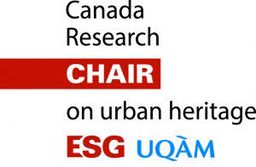Rebuilding an ancient capital city in China: heritage reconstruction in Datong and its consequences
My Session Status
What:
Paper
Part of:
When:
3:30 PM, Saturday 14 Dec 2019
(30 minutes)
Where:
The Australian National University
- Room 3.02
Themes:
methodologyepistemology
In the past decades, major historic cities throughout China are redesigning themselves as exemplary architectural and cultural spaces representing critical periods in their past. Datong, a major city centre in the north of China, is following a similar pattern of 'reconstruction,' transforming this old cold mining city to the ancient Chinese capital. Many public places in Datong including the city wall have been integrated into the heritage-led urban planning. Why did Datong's municipal government undertake such a massive heritage reconstruction project? How has the heritage-led urban reconstruction impacted the daily life of local communities? And how do various local stakeholders respond to the rapid changes of the urban landscape? I argue that local authorities in Datong have used heritage as a useful tool for city branding and tourism development. Nevertheless, such heritage reconstruction also leads to displacement and demolishment of the living environment. While the state intends to rebuild the imagined ancient capital through such massive heritage reconstruction, local communities might contest these changes and search for alternative heritage of their home city. However, residents have gradually embraced the newly built heritage space and aesthetically pleasing living environment that celebrates China's idealised past.
